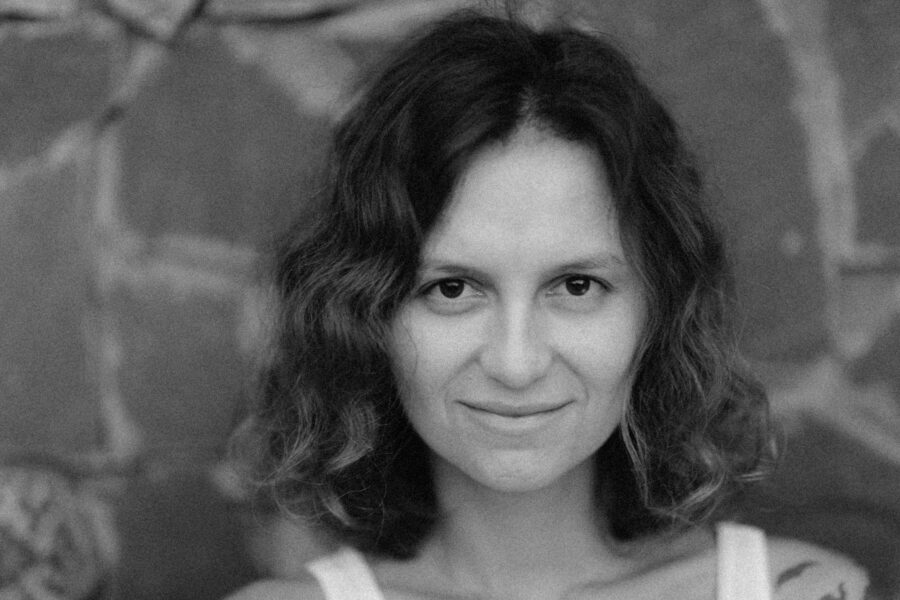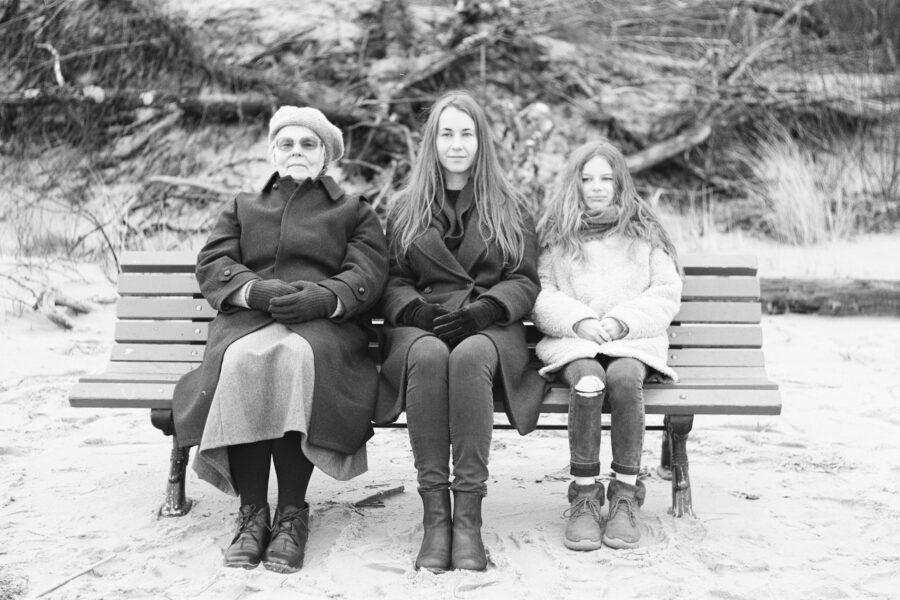Cutting ties with family isn’t some angry, dramatic decision you make on a whim.

It’s usually a slow, painful process, full of second chances, justifications, and heartache. And when you finally do make the call—whether it’s because of toxicity, emotional abuse, manipulation, or simply years of feeling like you’re never really seen or heard—it doesn’t bring instant relief. Not for most people.
What often follows is a deep, complicated kind of sadness. And people don’t talk about that nearly enough. These are just some of the things nobody tells you about the kind of depression that can come after going no contact with family.
You don’t need to regret your decision to feel absolutely gutted.

You can be 100% certain you did the right thing and still feel completely crushed. That doesn’t mean you’ve made a mistake—it just means you’re human. There’s a deep grief that comes with cutting ties, even if the relationship was toxic. You’re grieving what never was, what should’ve been, and what you’ve finally stopped holding out hope for.
You might feel lonelier than ever, even if you’re surrounded by people.

The absence of family isn’t always about being physically alone. It’s about losing that built-in group of people who were supposed to be there, even if they rarely showed up in the way you needed. That kind of loneliness can sneak up on you, even when you’ve got great mates or a supportive partner.
The holidays become minefields.

You can brace yourself for Christmas, Mother’s Day, or birthdays all you like, but the weight of those days often hits harder than expected. Not because you want to go back, but because it’s a sharp reminder that you no longer have the family connection that so many people take for granted. And no, it’s not fixed by one ‘chosen family’ dinner.
Other people won’t always get it—and that can make things worse.

People can be surprisingly quick to jump to judgement. You might hear things like “but she’s your mum” or “family’s family,” as though the abuse or neglect you experienced is irrelevant. That pressure to keep quiet or justify your choice can leave you feeling even more isolated.
For context, a 2022 study published in Journal of Marriage and Family found that family estrangement is far more common than many think—about 1 in 4 people in the UK are estranged from at least one family member. But most say they feel ashamed to talk about it.
The grief doesn’t follow a neat timeline.

It’s not a one-and-done thing. You might go months feeling okay and then suddenly fall into a fog that you can’t quite explain. Sometimes the grief feels fresh all over again because of a memory, a dream, or someone else’s casual comment. And that’s normal. Healing doesn’t follow a schedule.
Depression can look like numbness, not just sadness.

You might expect to feel heartbroken, but instead feel nothing at all. You go through the motions, lose interest in things you usually care about, or just feel a kind of flatness that lingers. That emotional shutdown is a common response to trauma and emotional overwhelm.
You’ll probably question yourself—more than once.

Even if you’ve written it all down, talked it out in therapy, and know the facts inside out, there are still moments where you wonder if you imagined it all. If maybe you overreacted. If you were too harsh. That self-doubt can be paralysing, especially when you’re already low. But it’s also common in survivors of long-term emotional abuse.
You might mourn people who are still alive, and that’s uniquely painful.

There’s no funeral. No final goodbye. Just silence. And that silence can be maddening. You’re grieving people who are still out there, still living their lives, possibly pretending you never existed. That strange in-between space makes the sadness harder to explain—and harder to process.
You might struggle with guilt, even if you were the one who was mistreated.
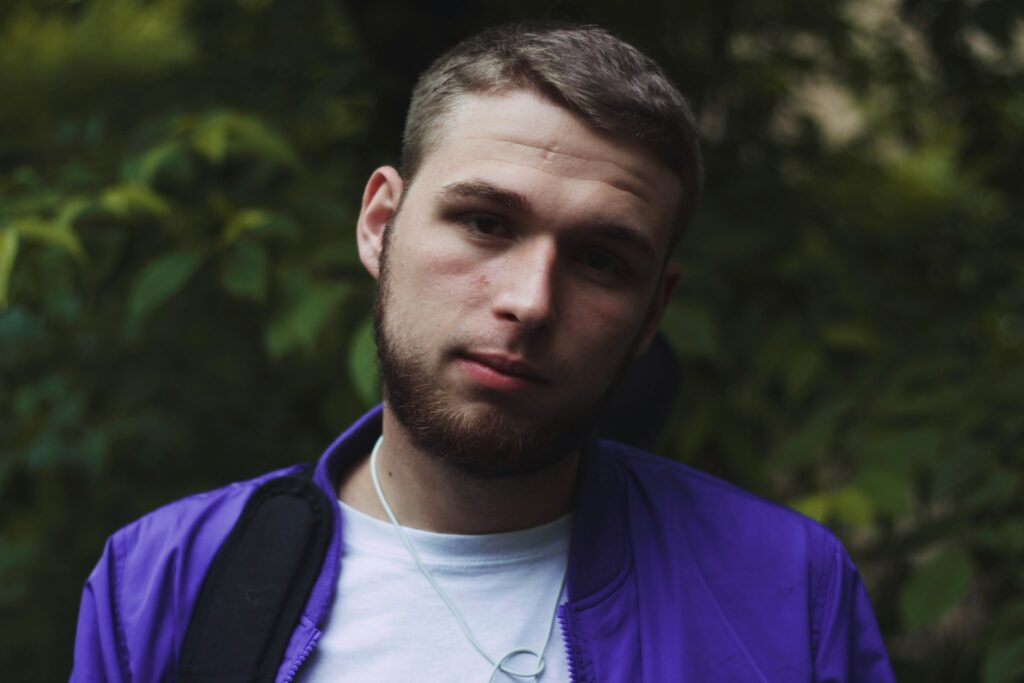
Sometimes the guilt comes out of nowhere—like feeling bad that you weren’t “better” or more forgiving. Or you think about how they’ll explain your absence to others, and part of you feels guilty about that too. Guilt doesn’t always mean you’ve done something wrong. It often just means you’re carrying emotional baggage you didn’t pack yourself.
You’ll start noticing how deeply the trauma shaped you.

When the noise of the family dynamic dies down, you’re left with yourself, and all the ways you learnt to survive. You might start recognising old habits, anxieties, or patterns in your relationships that you hadn’t seen clearly before. That awareness can be heavy. But it can also be the first step towards real change.
There’s often a strange sense of shame that lingers.
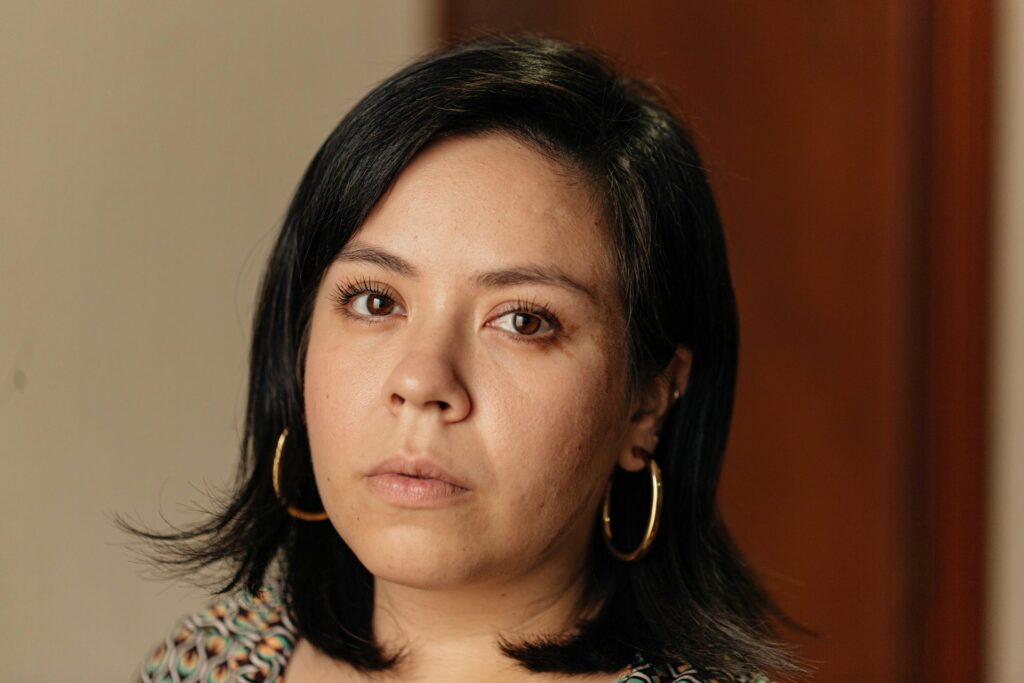
Even when you know you were mistreated, there’s still shame attached to cutting contact. Like you failed at something basic. Like you’re the problem. This is partly cultural—we’re taught that family loyalty is sacred, and walking away means you must be heartless. That messaging is deeply ingrained, and it can make you feel like you’re constantly defending yourself, even in your own head.
You might start looking for a replacement, even if you don’t realise it.

It’s common to throw yourself into friendships or new connections, hoping they’ll fill the hole that’s been left behind. Sometimes you expect too much, too fast. Sometimes you end up repeating the same patterns you were trying to escape. It’s not a failure. It’s just a sign that you’re still working through it.
Your self-esteem can take a hit.
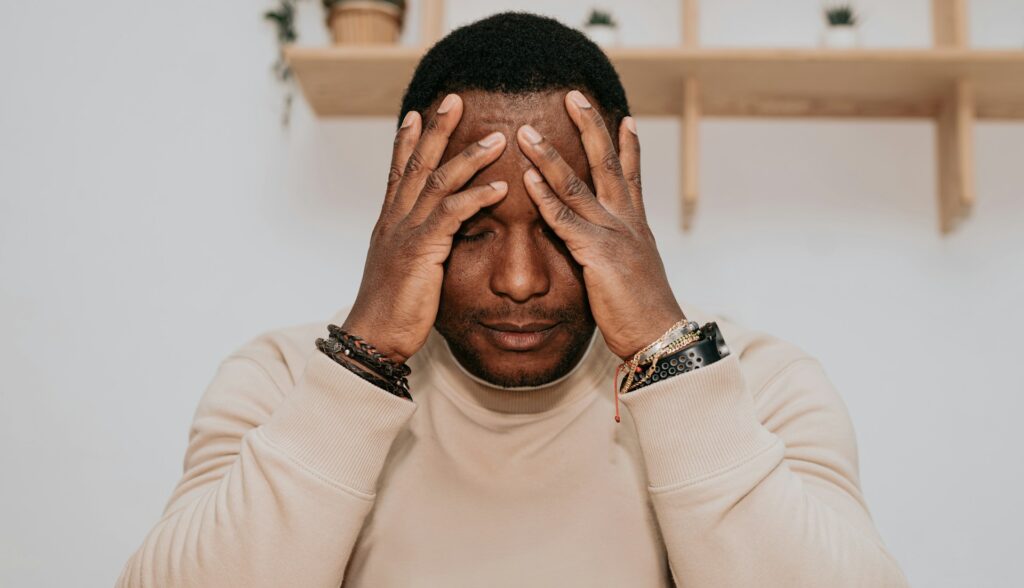
When you cut off a parent, sibling or extended family, it can shake the way you see yourself. You might feel like damaged goods, or like you’re “too much” for people to stick around for. That loss can tap into old insecurities, especially if you grew up being made to feel like a burden.
Therapy can help, but it’s not a quick fix.

Having a therapist who understands family estrangement can make a huge difference. But progress is rarely linear. Some sessions will feel like breakthroughs. Others will leave you feeling worse. That’s not a sign you’re backsliding—it’s just how healing tends to work. And finding a good therapist can take time. Resources like the British Association for Counselling and Psychotherapy (BACP) are a good place to start.
You don’t need to be completely over it to still build a life you’re proud of.

That sadness might always sit somewhere in your chest. But it doesn’t have to define you. You can still laugh, love, have meaningful connections, and feel deeply content—even if the family you came from couldn’t give you what you needed. You’re allowed to carry the weight of what you lost and still build something better for yourself.
It’s tough, but you can get through it.

The depression that comes with cutting family ties isn’t talked about enough, but it’s real—and it’s valid. It doesn’t mean you’ve done the wrong thing, and it doesn’t mean you’ll feel this way forever. There’s no quick cure for the kind of sadness that comes from letting go of people who were supposed to love you better. But naming it helps. Talking about it helps. And giving yourself permission to feel all of it—without guilt—might be the most powerful step of all.

